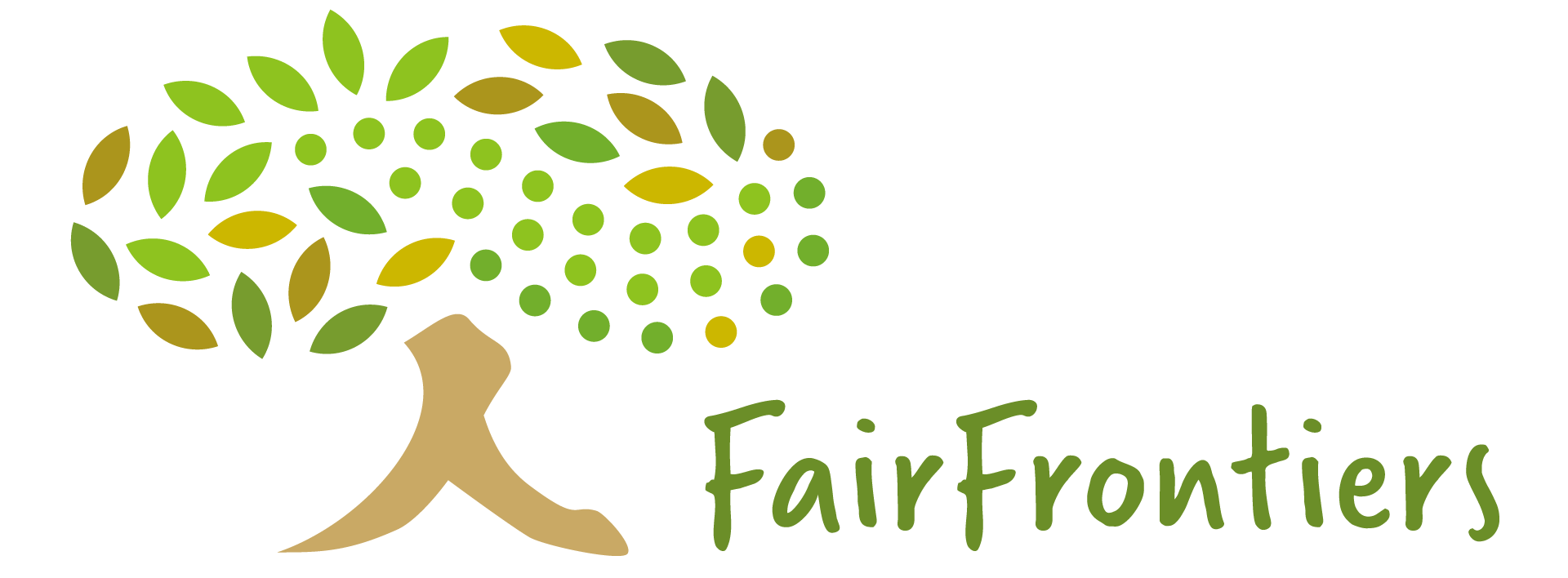Ahmad Dhiaulhaq, Catherine M. Hepp, Laetitia M. Adjoffoin, Corine Ehowe, Samuel Assembe-Mvondo, Grace Y. Wong. (2024). Environmental justice and human well-being bundles in protected areas: An assessment in Campo Ma’an landscape, Cameroon. Forest Policy and Economics. https://doi.org/10.1016/j.forpol.2023.103137.
Abstract
Justice and human well-being are increasingly used as key considerations when assessing the socio-economic impacts and trade-offs associated with forest conservation on local and indigenous populations. This paper incorporates environmental justice framework and human well-being bundles to get a more comprehensive understanding of the social-economic impacts of forest conservation. Through household surveys, focus group discussions, and in-depth interviews in three villages adjacent to the Campo Ma’an National Park (CMNP) in Cameroon, we examine how the creation of the national park amidst expanding large-scale commodity plantations affects perceptions of well-being bundles and justice among local and indigenous communities. Specifically, we look at how the establishment of CMNP influences forest-dependent people’s freedom to access forest resources, food sufficiency, health, security, social relationships, life satisfaction, and perception of fairness in benefit distribution, participation and recognition. The results reveal a concerning state of relatively low well-being evaluation and diminished perception of justice among local populations which, we argue, lead to a deterioration of overall capabilities among local and indigenous communities. The lack of sense of justice was associated with the loss of freedom in accessing common resources, hindered cultural-spiritual practices, lack of compensation, and unresolved human-wildlife conflicts. Comparative analysis reveals variations in well-being bundles among the three communities, influenced by various factors such as the different histories of displacement and law enforcement, ethnicity, level of dependence towards forest resources, external NGO support, and the expansion of extractive industries in the area. Reflecting on these findings, this study offers insights into how justice and human well-being can be more integrated into the process of co-constructing and re-imagining future interventions aimed at improving the quality of life of local communities and promoting sustainability goals in Cameroon and beyond.
For those interested in reading the full paper, please contact:
ayami.kan[a]chikyu.ac.jp (replace a with @ mark)
